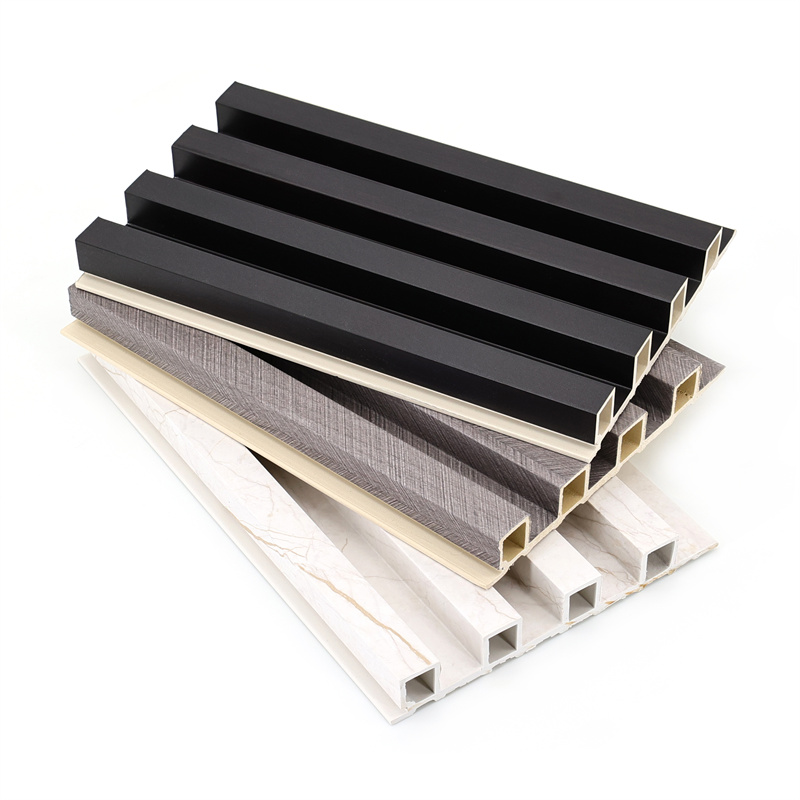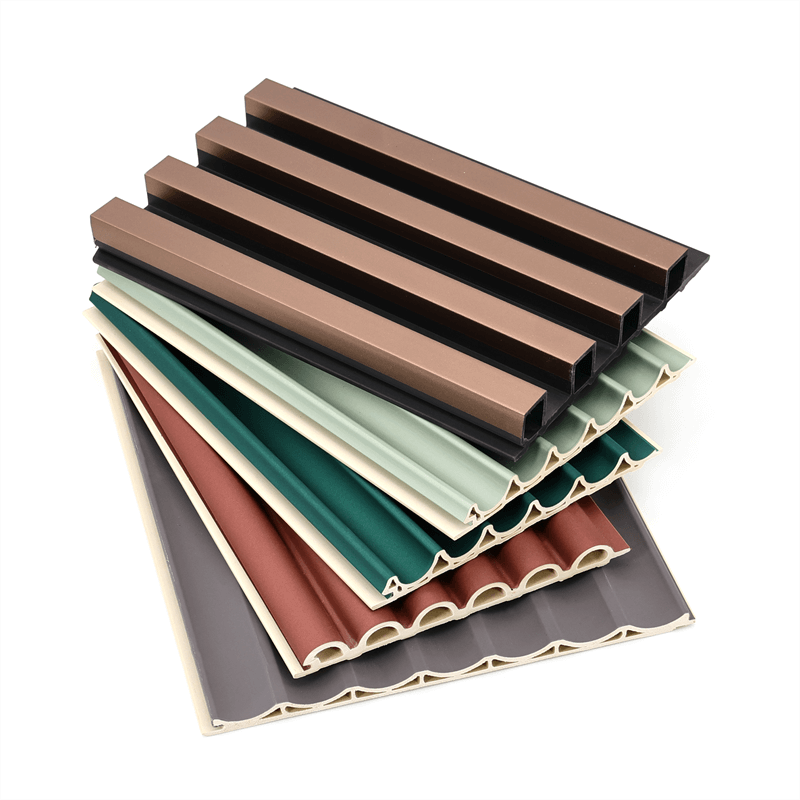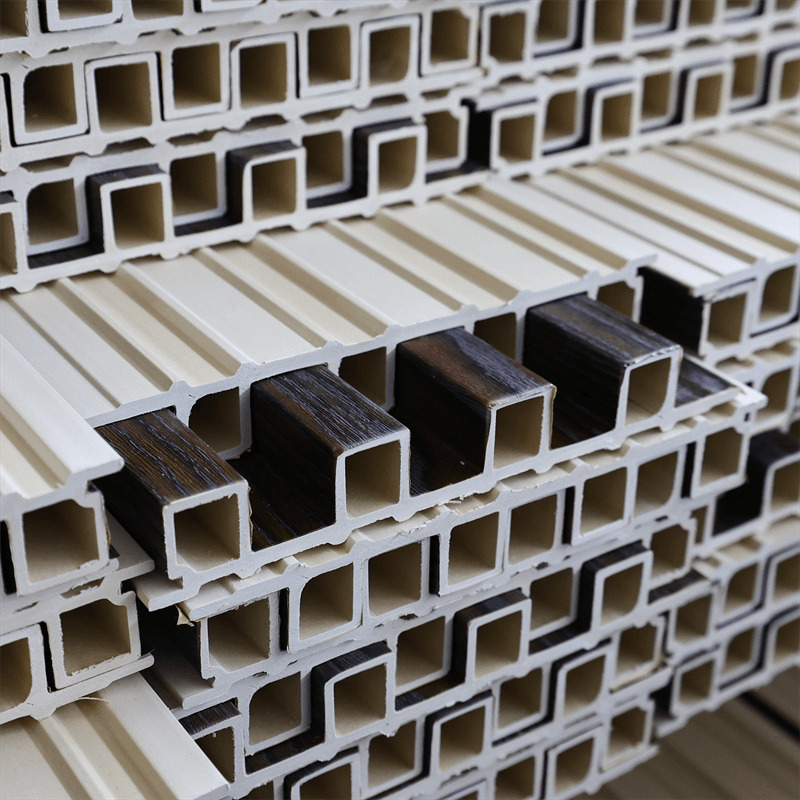Wood-Plastic Composite (WPC) wall panels have revolutionized the construction industry in Kenya, offering a versatile and eco-friendly alternative to traditional building materials.
As the demand for sustainable and cost-effective solutions continues to grow, WPC panels have emerged as a game-changer in the architectural landscape.
This article explores the innovative applications of WPC wall panels in Kenya, delving into their diverse uses beyond traditional construction methods.
From residential to commercial spaces, the WPC panel industry has witnessed significant growth, with manufacturers and suppliers meeting the increasing demand.
Additionally, we will also discuss the factors influencing the price of WPC panels in the Kenyan market and the role of factories in streamlining production.

1. WPC Panels for Exterior Facades: Enhancing Aesthetics and Durability
One of the most innovative applications of WPC wall panels in Kenya lies in their use for exterior facades.
WPC panels offer architects and designers a wide range of colors, textures, and patterns, providing an opportunity to create striking and visually appealing facades.
With the appearance of natural wood and the added benefits of weather resistance and low maintenance, WPC panels have become a popular choice for modern building exteriors.
WPC panels also contribute to the durability and longevity of the building facade.
They are highly resistant to UV rays, moisture, and harsh weather conditions, making them an ideal choice for the diverse Kenyan climate.
Additionally, the inherent properties of WPC materials, such as resistance to termites and fungi, ensure that the facade remains intact and attractive for years to come.

2. Sustainable Interior Design with WPC Wall Panels
Beyond traditional construction, WPC wall panels have found innovative applications in interior design.
From residential homes to commercial spaces, WPC panels add a touch of elegance and sustainability to interior spaces.
These panels are available in various finishes, allowing designers to create unique and captivating interiors that resonate with the preferences of their clients.
Incorporating WPC wall panels into interior design projects not only enhances aesthetics but also promotes sustainable living.
The use of recycled materials in WPC panels reduces the demand for virgin timber, contributing to forest conservation.
Moreover, WPC panels are free from harmful chemicals like formaldehyde, making them a safe and eco-friendly choice for indoor spaces.
3. Modular Construction with WPC Panels: Faster and Cost-Effective Solutions
As the construction industry in Kenya seeks efficient and cost-effective solutions, WPC panels have found an innovative application in modular construction.
Modular construction involves the assembly of building components in a factory setting, followed by transportation and quick on-site installation.
WPC panels are an ideal material for this construction method due to their lightweight and easy handling.
Factories equipped with advanced machinery and skilled labor play a crucial role in streamlining the production of WPC panels for modular construction.
The ability to produce standardized panels in controlled factory environments ensures consistent quality and reduces construction time on-site.
As a result, modular construction with WPC panels offers a faster and more efficient building process, ultimately saving construction costs and meeting tight project schedules.
4. WPC Panels for Furniture and Decorative Elements
Beyond being a construction material, WPC panels have also made their way into the furniture and decorative elements industry.
Manufacturers have embraced the versatility of WPC materials to create unique and durable furniture pieces, such as cabinets, tables, and shelves.
The natural wood-like appearance of WPC panels adds a touch of elegance to furniture, making it a popular choice for interior designers and homeowners alike.
Moreover, WPC panels are used to create decorative elements like wall claddings, room dividers, and ceiling accents.
The lightweight and easy installation properties of WPC panels make them an excellent choice for transforming the aesthetics of interior spaces quickly and effortlessly.

WPC wall panels have opened up a world of innovative applications in the construction industry in Kenya.
From exterior facades to interior design, modular construction, and furniture, these panels have transcended traditional applications and established themselves as a sustainable and versatile building material. Manufacturers and suppliers play a vital role in meeting the growing demand for WPC panels, offering a wide range of options to cater to diverse architectural needs.
The price of WPC panels in Kenya is influenced by factors such as raw material costs, manufacturing processes, and market competition.
However, the long-term benefits of using WPC panels, including durability, low maintenance, and environmental sustainability, make them a cost-effective investment for any construction project.
With advanced factories equipped to produce standardized WPC panels, the construction industry is witnessing the rise of modular construction methods, providing faster and more efficient building solutions.
As Kenya embraces sustainable practices, WPC panels continue to pave the way for greener and more innovative construction methods, contributing to a brighter and environmentally conscious future.